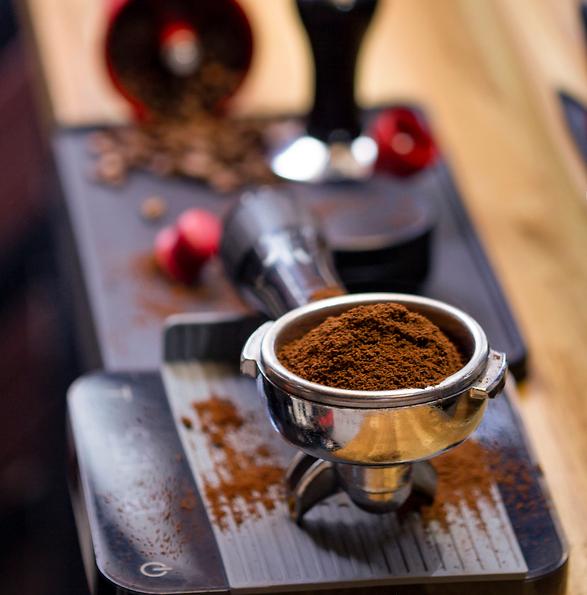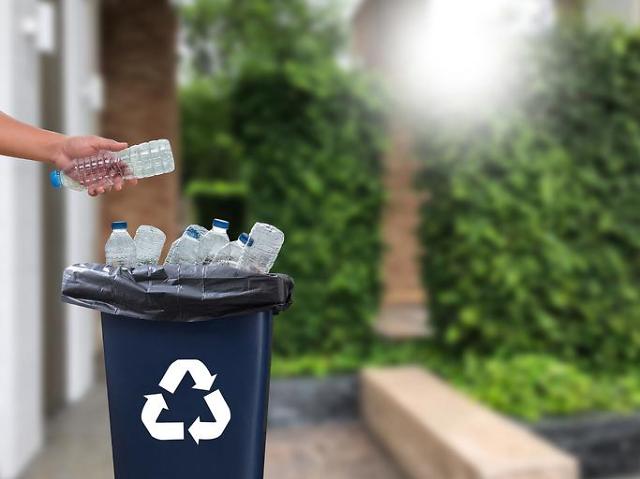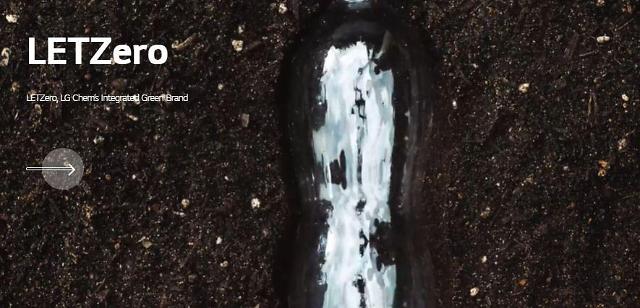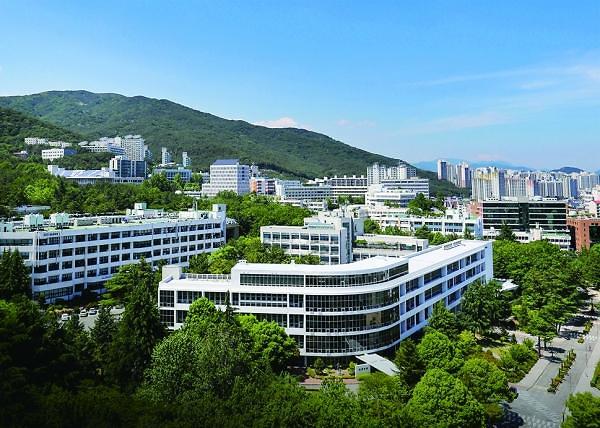
[Gettyimages Bank]
According to the environment ministry, some 150,000 tons of coffee waste are abandoned annually. Used coffee grounds can generate greenhouse gases through decomposition when buried and create carbon and air pollution when incinerated.
Semiconductor wastewater contains various heavy metals and can cause critical damage to body organs such as the brain, liver, and kidneys. Such wastewaters require special treatment facilities with expensive filters.
The Korea Institute of Science and Technology (KIST) tied up with researchers from the institute and Dongguk University to develop a nano filter based on coffee grounds that can purify up to 90 percent of wastewater with an initial concentration of 100 micromolar (um) to meet the standards for drinking water.
Manufacturing is simple. Researchers removed coffee grounds from used coffee capsules and mixed the untreated coffee waste with a biodegradable plastic to create the nano filter. Five grams of coffee grounds removed from a disposable capsule can filter 10 liters of water.
"This research has a significant meaning as we were able to develop affordable and environmentally-friendly water treatment technology by turning waste into an integrated material," KIST researcher Lee Min-wook said in a statement on December 2.




